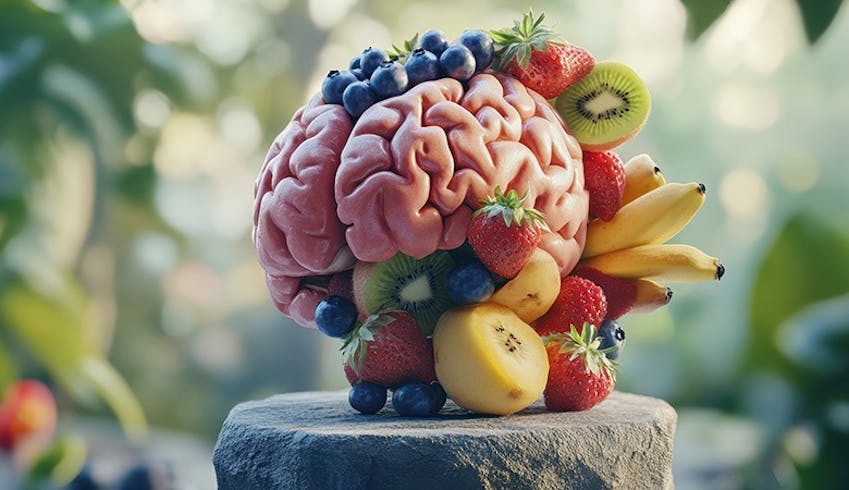


© 2025 Calory-control.site. All Rights Reserved.
Understanding the Gut-Brain Connection: How Nutrition Influences Mental Health
Your gut and brain are constantly communicating, shaping everything from your mood to your mental clarity. This powerful connection, known as the gut-brain axis, reveals how your diet directly impacts your mental well-being. By understanding this relationship, you can make more mindful nutritional choices to support both your mind and body.
The Gut-Brain Axis: A Two-Way Connection
The gut-brain axis is a two-way communication system linking your digestive tract and brain. This intricate relationship is maintained through the vagus nerve, hormones, and neurotransmitters, allowing constant exchange of signals between the two.
Often referred to as the “second brain,” the gut contains millions of neurons and produces many of the same neurotransmitters as the brain, such as serotonin and dopamine. This is why digestive health has a profound impact on mood and mental well-being.


How Nutrition Supports Mental Wellness
1. Boosting Mood: Foods high in tryptophan—like turkey, eggs, and nuts—help the body produce serotonin, a key mood-regulating neurotransmitter.
2. Easing Anxiety: Fermented foods such as yogurt, kimchi, and kombucha provide probiotics that promote a healthy gut microbiome, helping reduce stress and anxiety.
3. Enhancing Cognitive Function: Omega-3 fatty acids found in fish, flaxseeds, and walnuts support brain plasticity, reduce inflammation, and improve memory and focus.
4. Balancing Energy Levels: Complex carbohydrates, including whole grains and legumes, supply a steady source of glucose for the brain, preventing sudden energy dips.
The gut-brain axis is a powerful reminder of how deeply connected our body systems are. By nourishing your gut with wholesome, balanced foods, you can enhance both your physical and mental health. A healthy gut truly fosters a happier mind—start making mindful choices today and experience the difference.
Personalizing Your Gut-Brain Wellness Plan
Everyone’s gut microbiome is different, so it’s important to notice how certain foods impact your mood and energy levels. Keeping a journal of your meals and emotions can help you spot patterns and customize your diet to support optimal mental wellness.
The food you consume directly affects your gut microbiome—a diverse ecosystem of microorganisms living in your digestive tract. These microbes generate metabolites that influence brain function and emotional balance. Here’s how nutrition impacts the gut-brain connection: